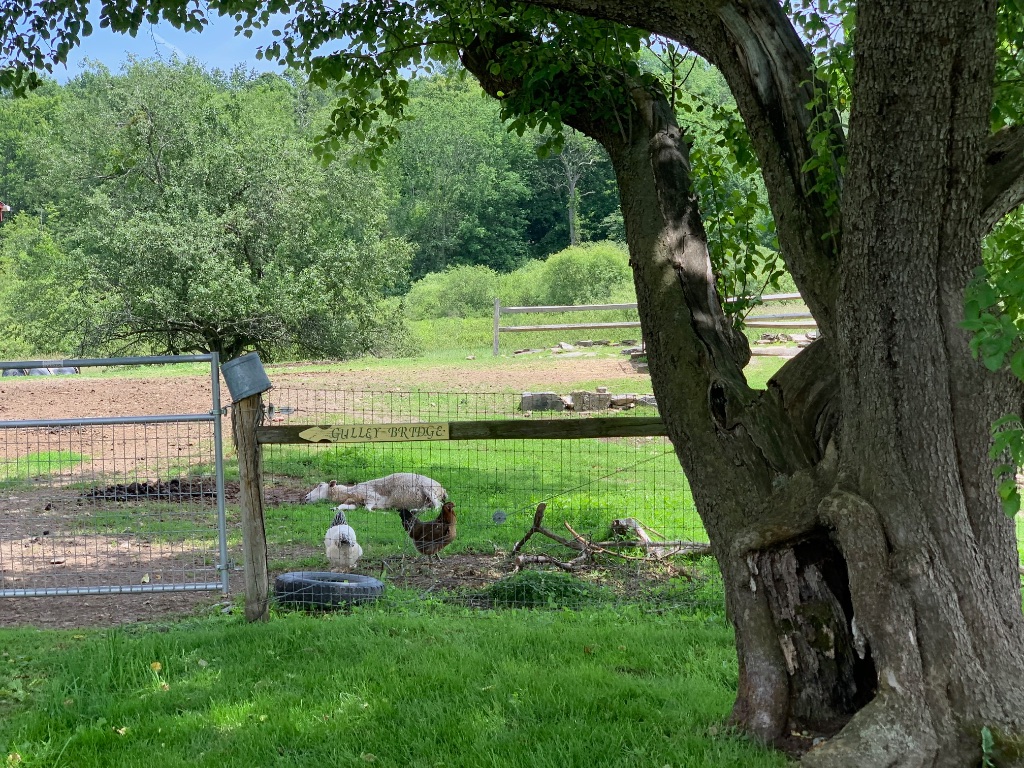It’s a big idea in the spiritual world to live in the present. It’s a Buddhist and meditation idea as well, every healer or would be healer I know advocates living in the now as a way of dealing with the pain and complexities of life, and of the world.
Live in the moment. Live in the present. The past doesn’t matter, the future is unknowable. Some of the time, I can do that. Some of the time I can’t. I find that most spiritual things are like that, they are goals, aspirations, but not always real or possible.
I think of the past often, it haunts me, taunts me, shadows me. Mental illness is a ghost, I think, it doesn’t go away because you want it to. There are people in my life, some quite close to me, that have no idea what I am like or how I feel. When I think of the past, I usually blink, and not in pleasure.
Like the gurus and masters say, I’d love to banish the past, I rarely look back and I shudder when I think of the past, and when I fell apart and hurt so many people.
I would surely be lighter without the past, and free of so much confusion and regret.
In his book The Eternal Now, Paul Tillich claims it is certainly possible to shed one’s past. He writes that the strength of a character is dependent on the amount of things that he has thrown into the past, and I would add, the amount of things he can let go of.
In spite of the power his past holds over him, writes Tillich, a man can separate himself from it, take it out of the present and back where it belongs, ineffective and irrelevant.
It can, he warns, sometimes return and take over the present, but that is not inevitable. It can choke off healing, rebirth and renewal. If you think about the people you know who are continuously retelling the past and living in it, you may see, like I have, that they are in trouble, they are unhappy, often struggling to move forward with their lives.
Nostalgia and regret are choices, I think, they sometimes rear their ugly heads, but I usually send them packing, smothering them with my own rebirth and healing.
The past doesn’t like rebirth and healing, and can’t, in my case, live with it. One ends up eating the other or pushing it aside.
Tillich says the way to take the past and make it really past is repentance. He isn’t talking about the religious idea of repentance – declaring oneself a sinner and asking forgiveness.
Genuine repentance to him is not the feeling of sorrow about wrong actions or mistakes, but the act of the whole person in which he or she separates oneself from actions, stories and elements of their own being, discarding them into the past like cartons of old letters or dusty and unused furniture.
I’ve done this with visualizations many times. I take things from the past, think of them as being red or blue or green basketballs or soccer balls, and I kick them over a hill and out of sight. Believe it or not, I’ve found that quite often, they just don’t come back.
In doing this, the past becomes something that no longer has any power over the present. I think that’s the way. Rather than just get rid of it, take it’s power away. The present is what matters, the spiritualists are right about that.
Thomas Aquinas wrote that the past was a “curse,” to be feared and driven away.
I have also found that I can help live with the past through forgiveness, by which I mean forgiving me, as well as others.
If the meaning of the past is changed by forgiveness, then it’s power over the future is also changed. The “character of the curse,” as the theologians say, is also changed. The curse is taken out of it.
I find in my life that other people hang onto my past even when I can’t or don’t. They seem me in terms of the past, and don’t or won’t try to know me now. Some people need the past, they feed on it.
I need to let them go.
I am still the same person, but I am different. The past grows paler all the time, like the early morning mist, hanging on until the sun rises over the hill to burn it away. To me, the past is full of emptiness. It’s the now that is so full of love and light.
How much can I really change? I have no idea.


Your past is my present when I read (or re-read) your books. I am grateful for those pieces of your past.
Lovely words. I let the past in the past and started to live……